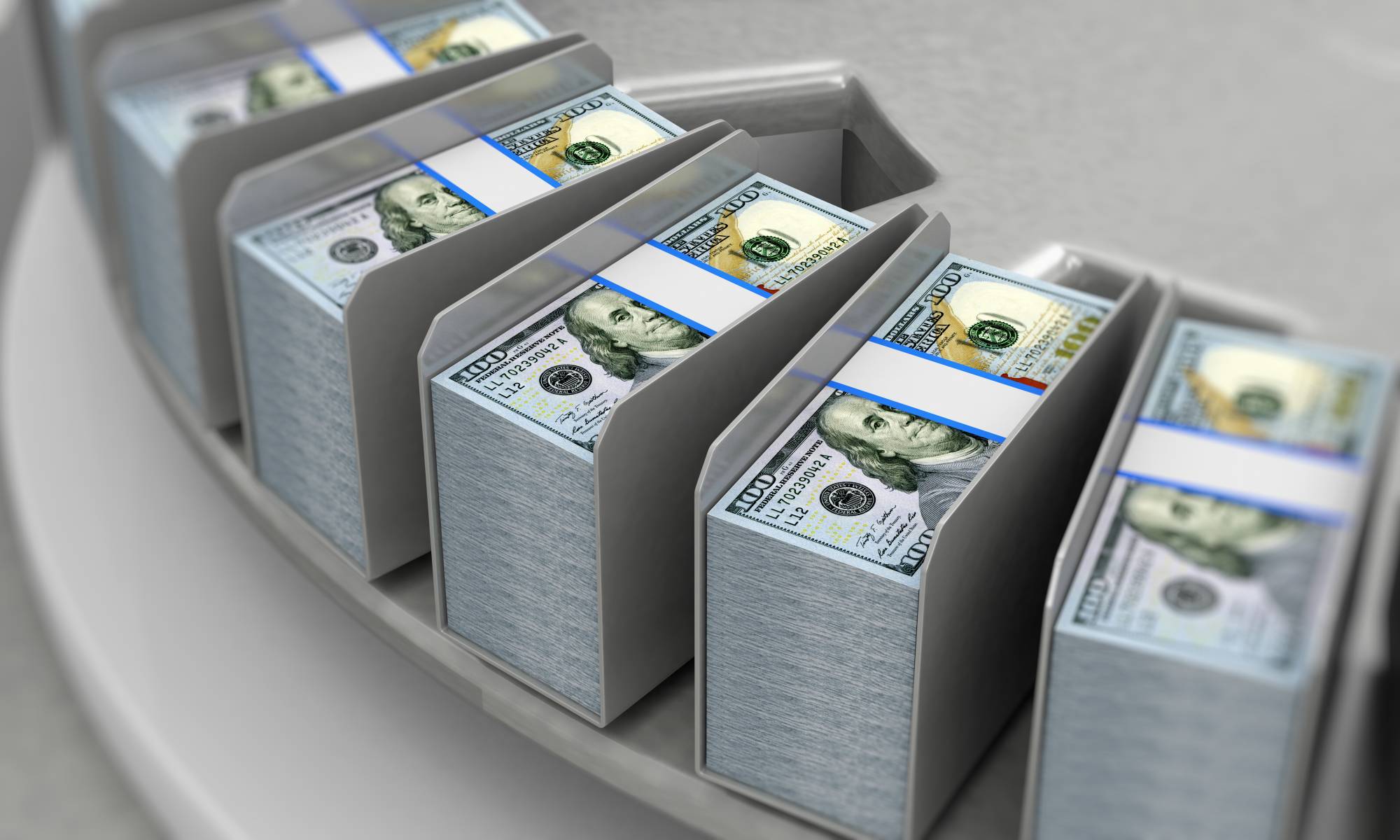Proponents of de-dollarization might resent America’s exorbitant privilege all they want. But what can they do about it?
Analysts usually trace the U.S. currency’s hegemony to its outsized use in international commerce. Even a decade after China eclipsed the U.S. as the world’s largest goods-trading nation, that dominance doesn’t appear to be fading. The much-awaited petroyuan has so far been just a myth, even though some dollar-starved importers like Pakistan are keen to pay for Russian crude in the Chinese currency.
An even bigger moat may be the greenback's role in fundraising. It will take the People’s Republic a long time to match the depth, liquidity and openness of the dollar-denominated capital market in which firms and banks borrow and hedge their risks. A proposed common currency for the so-called BRICS grouping of Brazil, Russia, India, China and South Africa may flounder for the same reason.


















With your current subscription plan you can comment on stories. However, before writing your first comment, please create a display name in the Profile section of your subscriber account page.